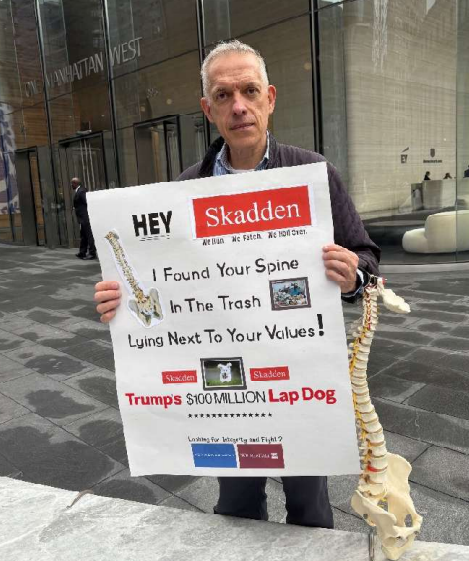
FBI investigating missing lawyers who disappeared from fishing boat
Personal Lives
FBI investigating missing lawyers who disappeared from fishing boat
The Federal Bureau of Investigation is launching a probe into the disappearance of two lawyers who didn’t return from a weekend fishing trip about 70 miles offshore of Southwest Florida’s coast. (Image from Shutterstock)
The Federal Bureau of Investigation is launching a probe into the disappearance of two lawyers who didn’t return from a weekend fishing trip about 70 miles offshore of Southwest Florida’s coast, according a report by the U.S. Sun.
Uncle and nephew, Randall Spivey, 57, and Brandon Billmaier, 33, were last seen Friday and then disappeared under unusual circumstances, the report said. A spokesperson for the U.S. Coast Guard Southeast District said the boat was still running when it was found, but neither men were aboard, according to a report by Fox News.
The Shiner Law Group issued a statement Dec. 22 on the disappearance of Billmaier, an associate with the law firm since August 2023, according to the Palm Beach Post. Spivey is a personal injury attorney in Fort Myers, Florida, according to a report by USA Today.
During a private briefing with the Coast Guard, the family was told that all search and rescue efforts would be suspended but that the FBI would be looking into the men’s disappearance, the U.S. Sun reports.
Write a letter to the editor, share a story tip or update, or report an error.




